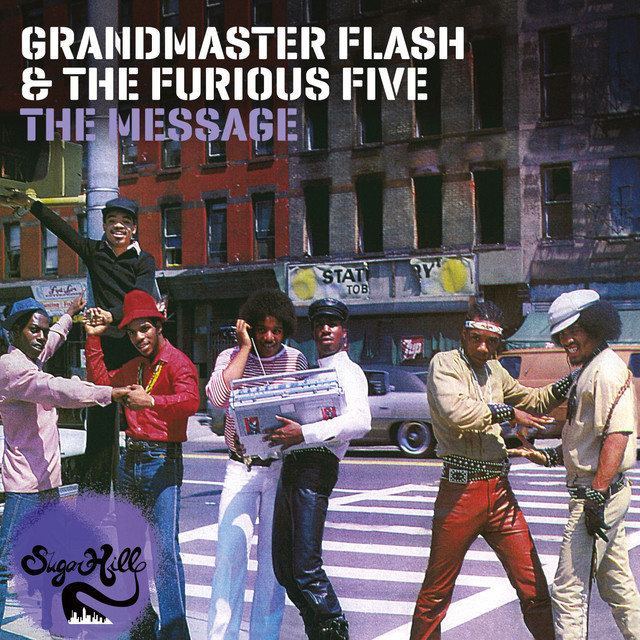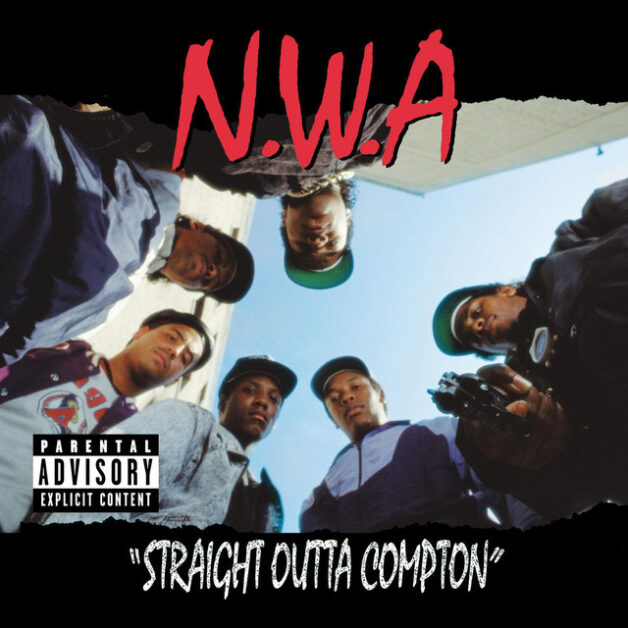“The Message,” Grandmaster Flash and the Furious Five

The chorus alone paints for the bleak reality of New York’s urban landscape. Melle Mel’s voice cuts through each verse with the poignancy of the time, while still displaying the power of being a timeless poet.
“A child is born, with no state of mind … Blind to the ways of mankind … God is smilin’ on you, but he’s frownin’ too … Because only God knows, what you’ll go through … You’ll grow in the ghetto, livin’ second rate … And your eyes will sing a song of deep hate … The place, that you play and where you stay … Looks like one great big alley way … You’ll admire all the number book takers … Thugs, pimps and pushers and the big money makers … Driving big cars, spendin’ twenties and tens … And you wanna grow up to be just like them … Smugglers, scramblers, burglars, gamblers … Pickpockets, peddlers and even pan-handlers … You say I’m cool, I’m no fool … But then you wind up dropping out of high school.”
What he did with this particular song, at this particular time, was timestamp for the world the arrival of conscious emceeing on a record. Before this song became a true war cry, a lot of rap music was rooted in partying and macking. But with his signature intro, “It’s like a jungle sometimes, it makes me wonder … How I keep from going under,” he asks the powerful question how do you keep pushing despite immeasurable trauma associated with race and social class.
Prolific and raw, “The Message” changed how Hip-Hop was used as a tool of cultural social action. As it showed clearly to politicians and social critics the nasty look of poverty, it also is a roadmap on how to navigate the streets the best one can with the resources dropped in their reality— instinct and old-head wisdom.
